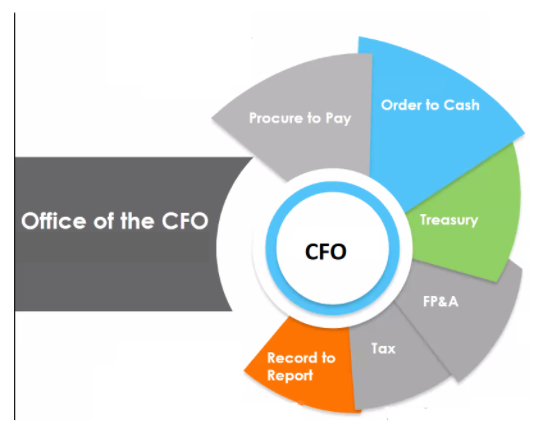In the same way, a business has a CFO to coordinate its finances; individuals also need someone to do this.
A personal CFO helps you look at your financial picture holistically to make more informed decisions about your money.
Whether you’re planning for retirement, minimizing debt, or transferring assets, your CFO will provide you with specialized guidance on these issues.
Financial Planning
Financial planning assesses your current financial status and develops a roadmap to reach your goals. It can be done on your own or with the help of a licensed financial planner.
Personal CFOs work across all areas of financial planning, and they are available to you whenever you need them. They have a staff of experts who cover every facet of personal and commercial finance and can assist with tax and insurance difficulties.
For example, a personal CFO New York can help you set up an emergency fund that covers your expenses for at least six months in case of an unexpected event. It can prevent you from having to pay your bills and EMIs in the event of a job loss or other emergencies.
Your personal CFO can also assist you in building an investment strategy that considers your risk appetite and retirement goals. They can also recommend ways to eliminate debt and improve your overall standard of living.
Tax Planning
A personal CFO is an expert in various financial areas, including tax planning, financial planning, retirement planning, estate planning, and more. They know how to connect these multiple pieces of your financial picture so you can see the big picture and be confident that everything is in order.
Tax planning involves analyzing income, investments, and expenses to ensure each element works together to minimize tax liabilities. It can be accomplished by reducing income, increasing deductions or tax credits, and taking advantage of certain tax breaks.
This tactic is crucial since it can enable you to make sizable long-term financial savings.
Business owners can also use strategic tax planning to minimize their business taxes. For example, businesses can create substantial savings opportunities by understanding the impact of property purchases, equipment, and other assets on a company’s taxes.
Insurance Planning
Insurance planning is a vital component of any comprehensive financial plan. A personal CFO will help you determine the best policy for your needs and recommend a suitable insurance company. Choosing the right insurance company and a good coverage level can save you money in the long run, especially if you have a family. The most important thing to remember is to be bold in shopping around before making a decision, as it can save you a lot of hassle and heartache.
Appropriate insurance can completely transform your financial situation, but you might get in trouble if you need to be more cautious. Unfortunately, choosing the wrong type of insurance is expected, so you need a savvy insurance agent to keep you safe.
Investment Planning
A personal CFO can help you plan for your financial future. It is essential for two reasons: first, it enables you to avoid impulsive decisions, and second, it can help you get more out of your investments.
Investment planning involves determining your objectives and planning how to reach them. It can include goals like buying a home in a few years, retiring comfortably, or even ensuring that, in the event of your passing, you and your family would be taken care of.
Then, choosing suitable investments to meet those goals would be best. But, of course, it will depend on your risk tolerance, time horizon, and other factors.
Many types of investments exist, from cash to bonds and securities. You can also choose a total return strategy, which spreads your money across several asset classes to mitigate risks.

